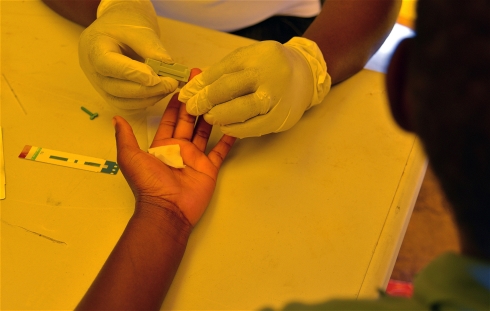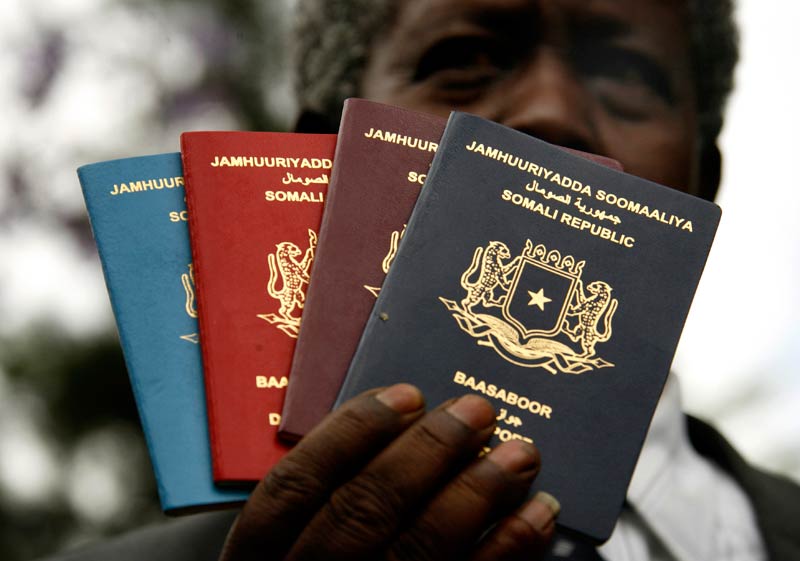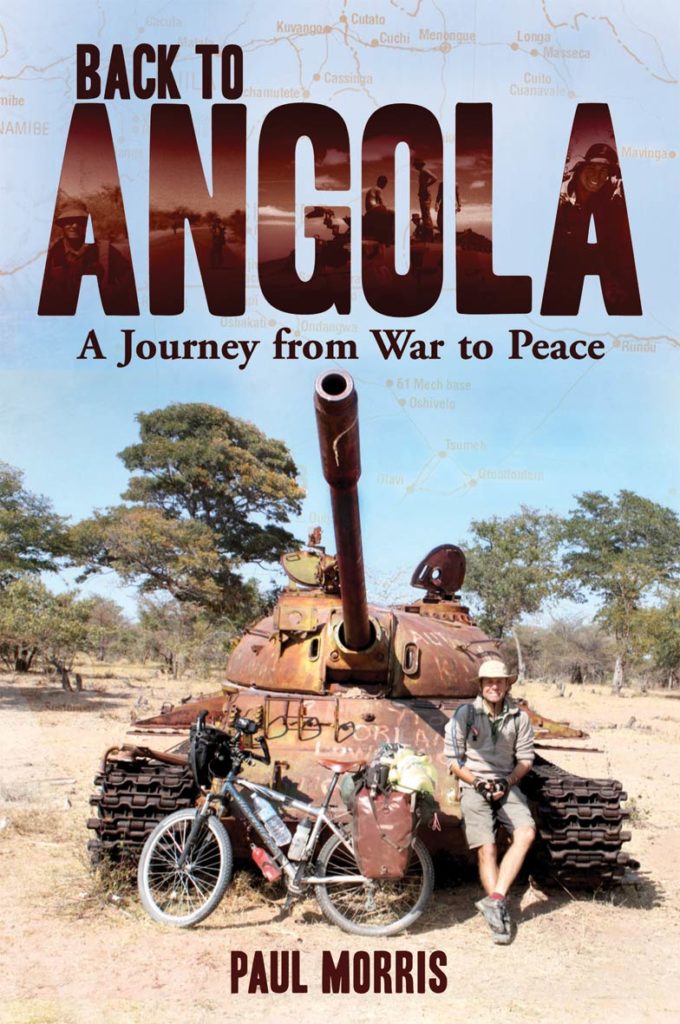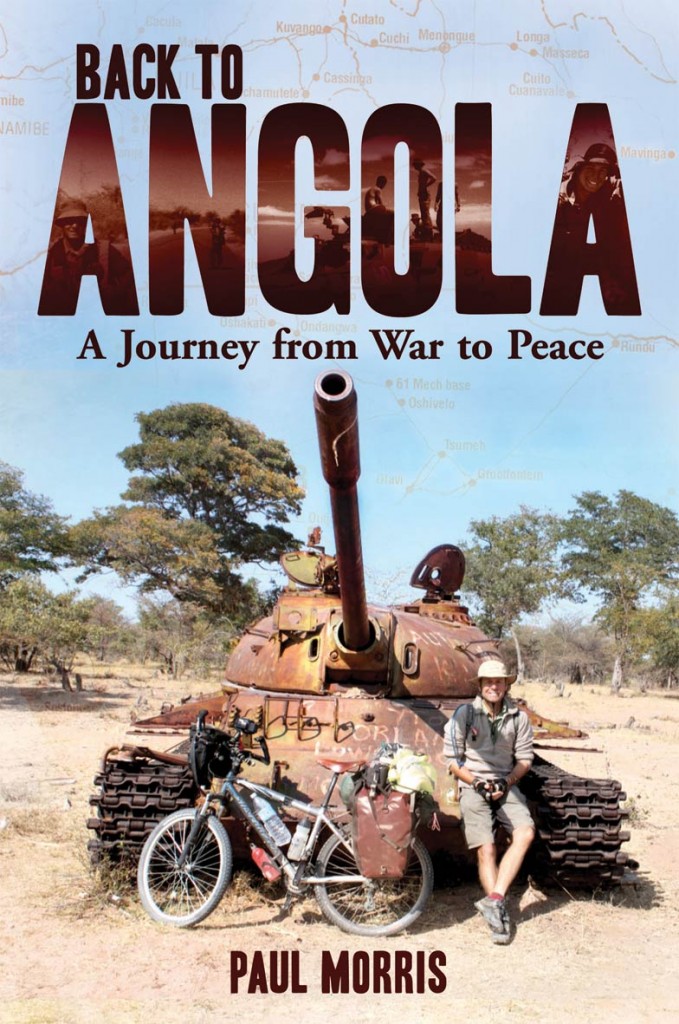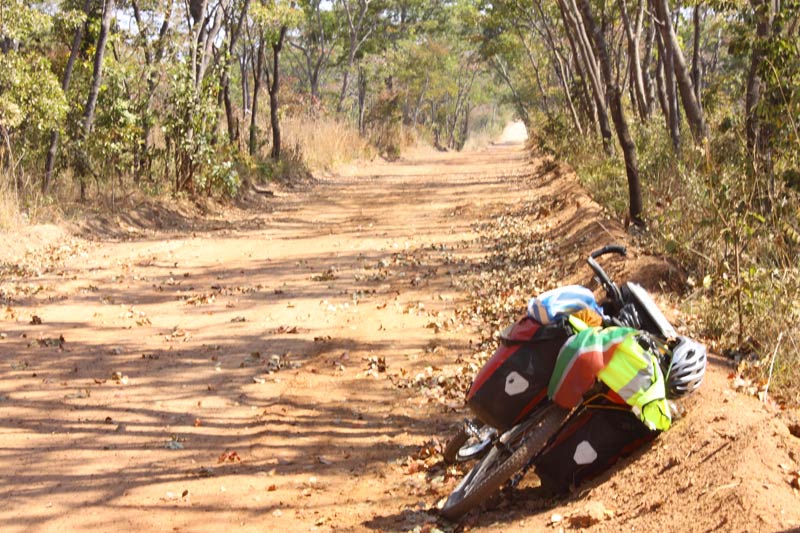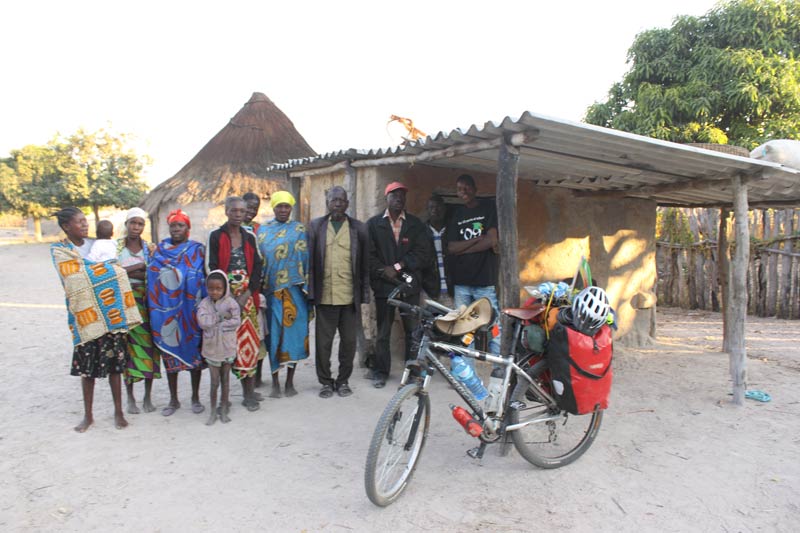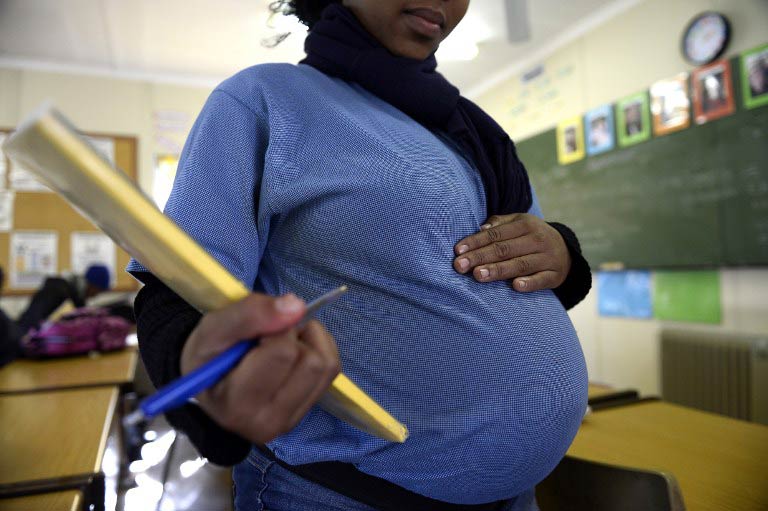African nations are experiencing substantial urbanisation at a rate like never before. A continent that was once characterised by its largely rural nature is now seeing diverse groups of people – ethnically, religiously, and socioeconomically – flood its urban centres, 50 of which have a population of one million or more.
People come to the city for a number of reasons – to escape civil conflicts in rural areas, to search for employment in an effort to better their lives and those of their extended families, or in response to environmental issues such as drought or famine. In Africa especially, circular migratory patterns exist as people oscillate between large urban centres (to have access to wealth and other resources such as food and aid) and their villages (to maintain familial bonds).
However, even with the circular nature of migratory patterns as it exists, urban centres continue to grow in Africa. Considering the high fertility rates across the board, the bulk of this growth is in fact not coming from migrants but from the offspring of current city dwellers. When you combine this growth together with the aforementioned migratory population, it is estimated that this continent, where approximately 40% of the population lives in cities, will be more than 60% urban by 2050.

In the 2014 publication Africa’s Urban Revolution by professors Susan Parnell and Edgar Pieterse, civic conflict – a phenomenon that occurs hand in hand with this kind of rapid urbanisation – is defined. It is the violent expression of grievances vis-à-vis the state or other actors. Essentially, civic conflict is the manifestation of marginalised civilians’ frustration on the state’s inability to do things such as provide adequate housing or transportation, reduce distresses such as traffic and pollution or provide other services including healthcare, education to the masses. Though this type of conflict is distinct from warfare, which commonly exists in rural areas, these conflicts exist and effect great numbers of city dwellers. With the urbanisation in Africa taking place at its current rate, these conflicts should not be ignored.
The misconception that urban growth is temporary, that it will dwindle as conflict in rural areas is solved, robs civilians of a chance to live comfortably within the cities that they occupy. When I travelled to Abuja in February, I was struck by the immense traffic around the national mosque on Friday evenings. In recent years, increasing Boko Haram attacks in the northern states of Nigeria, many people have come to the nation’s capital to be out of this harm’s way. The traffic associated with the expanding population of the city does not only occur during this holy time for those of Muslim faith, but during rush hour as people struggle to find or get to work. Of course, the Nigerian state should take the steps it must in order to oust the terrorist group driving people away from their homes and into the capital. However, it should not be assumed that if and when it does, the population of Abuja will decrease to a more manageable one. Abuja and other cities in Africa that are experiencing growth from similar factors must increase attention towards alleviating woes within the urban centre or frustration amongst those caught in traffic jams of increasing length or those who live in inadequate housing due to the jurisdiction’s reluctance to provide the growing population with such will increase and strain the relationship between those who live in cities and those people who generate the policies around them.
Africa’s urbanisation provides both a challenge and an opportunity. It is an opportunity for young people to introduce innovative ideas that will allow for diverse groups in urban centres to be able to equally access resources and infrastructure in a way that will not put pressure on the state. However, in order to do so, the state must recognise that city growth is long-term and facilitate this kind of innovation. A symbiotic relationship between the state, the city centres and the population must be developed that allows for the growth of cities to occur in an efficient way that is considerate of the many different types of people who occupy these spaces. As cities continue to grow in Africa, which they will, it is important that city management and these kinds of symbiotic relationships are not neglected. If they are, these civic conflicts and the ugly violence that becomes of them are sure to grow as well.
Georges Ekwensi is a Nigerian American from New Jersey. He contributes to Rise Africa, a blog written by a group of individuals who seek to create an atmosphere that encourages conversation between Africans on the continent and in the diaspora. Connect with them on Twitter: @riseafrica

